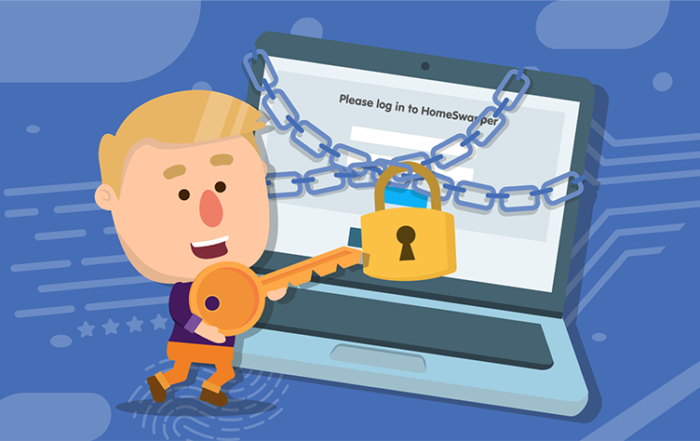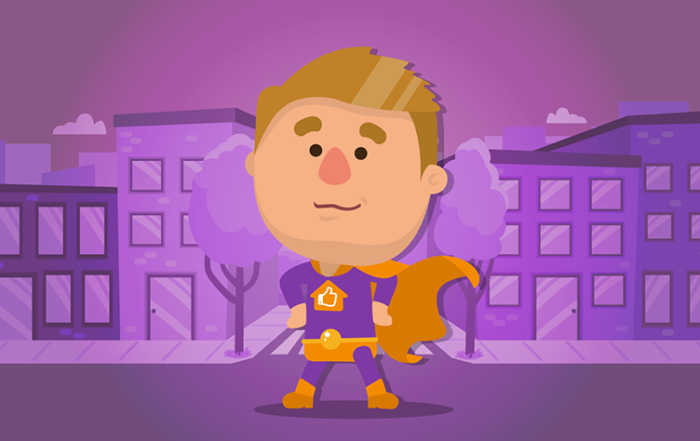
With all the current goings on, the news has been filled with our Members of Parliament (or MPs). Especially at this time, it can feel as though a lot of decisions about our day-to-day lives are being made for us. But who are the people that are making them and how can you have your voice heard? This week we’re giving you the lowdown on what an MP is and what it is they do.
There are 650 MPs in the UK who are elected to represent the interests of the people living in their area. During an election, you vote on who you want to represent you. You can read an article we wrote about this last year here. MPs can all suggest new laws and vote on whether they want a law to be passed, but there will only be certain MPs that hold official positions and will be in charge of departments and the running of the country – these are called ministers and they are given their jobs by the Prime Minister.
Each MP represents a constituency – or – a ‘seat’; The Prime Minister’s seat, for example is Uxbridge and South Ruislip. All together MPs make up the House of Commons, where suggestions for new laws can be introduced to be discussed and decided upon. Many of these suggestions come directly from the people living in the communities that an MP represents.
How do local suggestions make their way to Parliament?
All MPs hold ‘surgeries’ with those living in the community they represent, in order to listen to peoples’ issues and try to help. Anything that you think your MP might have the influence or power to help with can be brought to them during these meetings.
If there are pressing matters or the same incident being raised multiple times, your MP will make a decision as to whether they think they can bring the issue to Parliament to make a change on a national scale. Your MP will then have the ability to publicly challenge the government over the issue by starting a discussion at PMQs (Prime Minister’s Questions), which is held weekly.
If your MP is not a minister in the current government, then they can propose new laws via a Private Members Bill. Even if the Private Members Bill is not successful in itself, they often work to create public interest in an issue that needs addressing.
Who is my MP?
Have your postcode to hand and click here.
Or
Call the House of Commons Information Office: 020 7219 4272
What’s the best way to contact my MP?
Letter and Email
If you have an issue that you think your MP should hear about, then putting it in writing is probably the best way to explain the problem in full. It also means that when replying to you, your MP can consider your words carefully.
If you would like to write a letter to an MP the address is:
House of Commons
London
SW1A 0AA
Not every MP has a public email address, but you can reach most MPs by searching for them here. By clicking on them, you’ll find their contact details.
Remember: always include your own address when you write to your MP so that they will know you live in their area.
Phone
If you would rather speak through an issue or make an appointment, you can telephone your MP’s office:
- To telephone their office at the House of Commons, call 020 7219 3000 and ask to be put through to their office
- To phone your MP at their local constituency office, you will find the contact details at your local town hall or library, or it may be given in the Directory of MPs
MP Surgery
If you’d like to attend one of your MP’s surgeries, it’s best to contact your MP’s office first to find out whether you need an appointment. Your MP’s website, or your local library may have more information about when and where surgeries are taking place.
The HomeSwapper Customer Support team are always on hand to give advice and tips on how to get the most from HomeSwapper. They deal with Swappers every day and have a unique insight and view on the thousands of successful swaps that take place on HomeSwapper.



